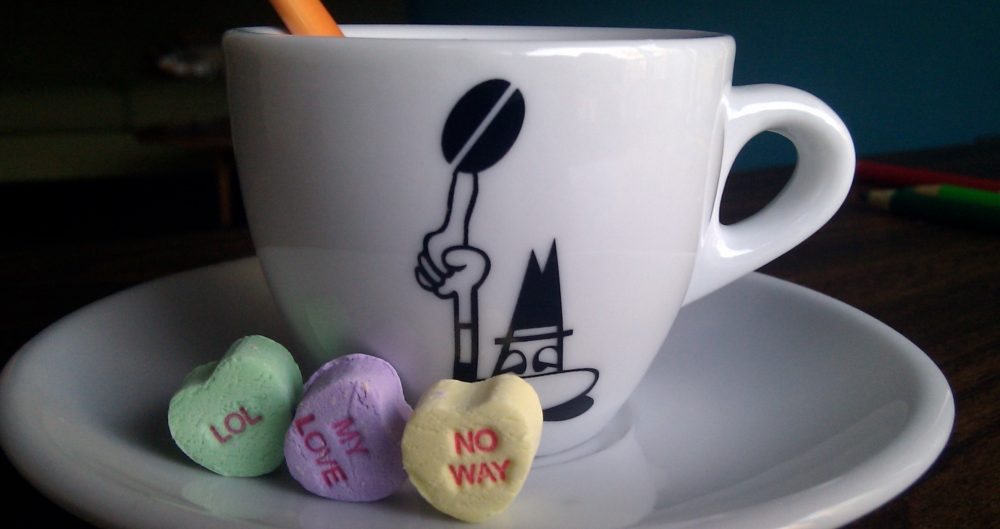Giuseppe Salvatore Riina, an entrepreneur who tried to get a “Mafia-free” certificate, was arrested for getting involved in the real family business.The 25-year-old Riina, son of infamous “boss of bosses” Tot? Riina, received an early morning wakeup call from Palermo police charging him with Mafia association.
Crimes were classics of the Cosa Nostra trade: extortion, money laundering, drug trafficking and rigging public-works contracts. Among the 21 arrested with Riina were several prominent Palermo businessmen.
Giuseppe (also called Salvo) and his sister Maria Concetta made news recently for advertising an agriculture machinery business on the Corleone city web site. Although the site was ordered shut down by court, the banner is still on the city’s home page. Giuseppe also appealed Italian courts for refusing to give him a “Mafia-free” business certificate. Giuseppe wanted certification that the business was clean from Mafia ties to dispel public suspicion. After a two-year investigation, authorities discovered that operations were, in fact, a front for the family enterprises.
Father Salvatore “Totò” Riina is currently trying to appeal multiple life sentences. He’s serving time for organizing the 1993 bombings of the Uffizi, which killed five and injured 29, as well as the car bombings that same year in Milan and Rome. Older brother Giuseppe has been in jail since 1997 and was condemed to life in 2001 for four murders committed in Corleone.
Related Resources:
Midnight in Sicily
An intoxicating blend of Italian art, crime, food, history and travel, “Midnight in Sicily” is a fascinating account of events leading to the trial of Giulio Andreotti, seven times prime minister of Italy, for the killing of a journalist and for his association with the Sicilian Mafia.

 Italy may be a nation founded on work but employers fear passion for World Cup soccer may lead to mass abandonment of the workplace.
Italy may be a nation founded on work but employers fear passion for World Cup soccer may lead to mass abandonment of the workplace. 
